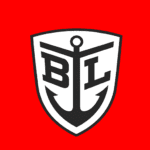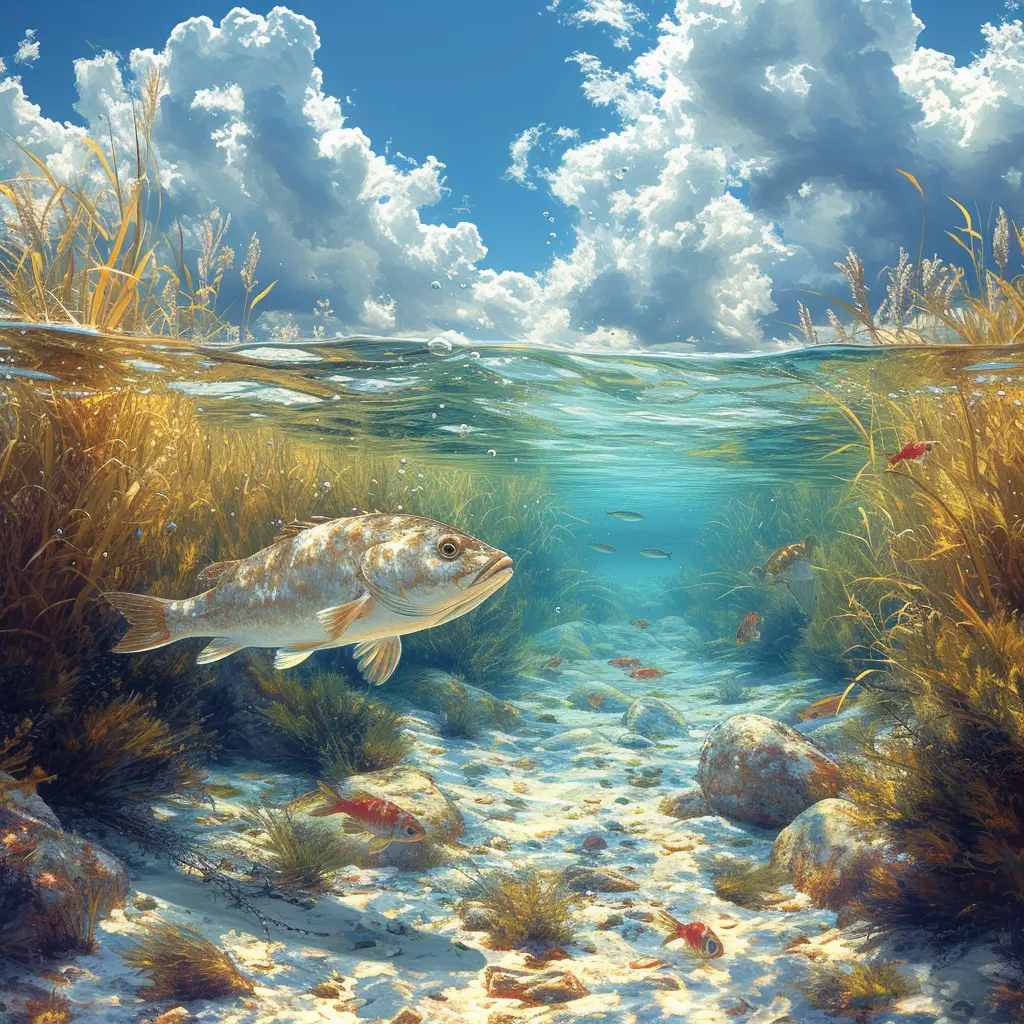Boating in shallow waters presents a unique set of challenges and opportunities. Whether you’re navigating the serene flats for bonefish or exploring hidden coves for trophy bass, understanding the nuances of shallow water boating is essential. At Black Label Marine Group, especially at our Ocala location, we specialize in vessels designed for these environments, featuring top-tier shallow water boats like Maverick and Hewes, renowned for their shallow water prowess.
Navigating with Caution
The top rule when facing uncertain depths is simple: slow down. Reducing speed minimizes the risk of grounding and potential damage. In shallow waters, the difference between running draft and static draft becomes crucial. Familiarity with the area and its depth can guide your decision to maintain speed, but caution should always be your compass.
Trim Tactics
Proper trim adjustment is key in shallow terrains. Avoid maxing out your outdrive’s upward tilt; leaving a margin allows for corrective action if you encounter shallower depths than anticipated. This balance ensures you’re never left without options.
Tide Timing
Understanding tidal movements is crucial for shallow water excursions. Knowledge of the tide cycle can inform your decisions, from choosing the right time to embark to taking action if you find yourself grounded. Rising tides may offer a patient escape, while falling tides demand immediate action to avoid worsening conditions.
Visual Cues: Reading the Water
Water color and behavior are your guides in shallow waters. Dark patches often indicate depth, while light areas suggest shallows. However, appearances can be deceptive—such as weed beds masquerading as deep water. Stay vigilant for consistent wave breaks, signaling shallower bars that can pose navigational hazards.
Beaching Beware: Timing with the Tide
The allure of secluded beaches is strong, but be wary of the tide’s ebb. An outgoing tide can quickly turn a serene stopover into a stranded ordeal. Always monitor the tide to ensure your return path remains navigable.
Draft Knowledge
Understanding your boat’s draft—both static and running—is fundamental. If this information isn’t readily available, a hands-on measurement can equip you with valuable insights, ensuring you always know the depth your vessel requires.
Load Considerations
On smaller crafts, even slight changes in load can significantly affect draft. From additional passengers to a full fuel tank, every added weight brings your vessel closer to the shallows, necessitating careful planning and consideration.
Shallow water boating opens up a world of adventure, from flats fishing to secluded beach explorations. At Black Label Marine Group’s Ocala location, we understand the thrill and the challenges of these environments. Our selection of Maverick and Hewes boats is tailored for the shallows, ensuring you have the perfect vessel for your next shallow water journey. Explore our offerings and embark on your shallow water adventure with confidence.
Frequently Asked Question?
Why are Maverick and Hewes boats the best for shallows?
Maverick and Hewes boats are engineered with shallow water performance in mind, featuring hull designs that allow for optimal navigation in minimal depths, making them perfect for flats fishing and exploring shallow coves.
What should I do if the tide gets too low and my boat gets stuck?
If you find yourself grounded as the tide is going out, it’s crucial to act quickly to re-float your boat before the water level drops further, potentially worsening the situation.
Does extra weight on the boat change anything?
Additional weight, from passengers or equipment, can lower your boat in the water, increasing the draft. This is particularly noticeable in smaller boats, where even small changes in load can have a significant impact.
Why should I go slow in the shallows??
Slowing down in shallow or uncertain waters reduces the risk of grounding your boat at high speeds, which can cause significant damage. It allows for a safer, more controlled approach to navigating shallow areas.

